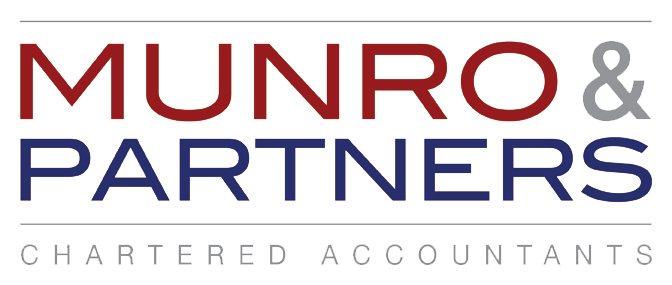The self-assessment deadline may be several months away, but there’s no better time to get your tax return finished.
Doing it now means you won’t have to rush, reducing the risk of errors. It means you’ll know what you need to pay sooner rather than later, and so takes a weight off your shoulders for the rest of the year.
The deadline for both completing the form and paying any tax due is midnight on 31 January after the end of the tax year you’re filing for. That means if you’re filing a return for the 2018/19 tax year, you’ll need to do so by 31 January 2020.
Do you need to file self-assessment?
Self-employed sole traders are required to send a self-assessment return if they earn more than £1,000 in a tax year, but there are a few other reasons you might need to file one.
You might need to if you have any untaxed income, such as that from savings, investments or bonds, or money earned from a foreign source, from renting out a property, or from tips and commission.
You could also fill in a self-assessment return to claim income tax reliefs, or to prove you’re self-employed. And if you or your partner’s income is above £50,000 and you receive child benefit, you may need to file a return and pay the high income child benefit charge.
What do you need to do?
If you didn’t send a return last year, you’ll need to register for self-assessment through the HMRC website.
Having kept accounting records throughout the year, you’ll then need to use those records to fill out the return, and pay the tax due by the deadline.
It’s a simple process as long as you have the right systems in place. Online accounting software like Xero makes it easy, allowing you to keep records with next to no effort, which can then be used to complete the return.
To save you even more time, we can handle the whole process for you, including registering with HMRC, preparing your accounts, completing your return and advising on the tax you need to pay.
What happens if you miss the deadline?
If you miss the deadline, you’ll receive an initial £100 penalty from HMRC. If you leave it three or more months late, that penalty increases
You can appeal against the penalty, but it’ll only be accepted if you have what HMRC considers to be a reasonable excuse. As you can imagine, what they’ll count as ‘reasonable’ can be difficult to second guess without plenty of experience and knowledge.
We can help
We can get your self-assessment return finished with plenty of time to go before the deadline, as well as advising on any deductions you could claim.
Get in touch for help with self-assessment.

